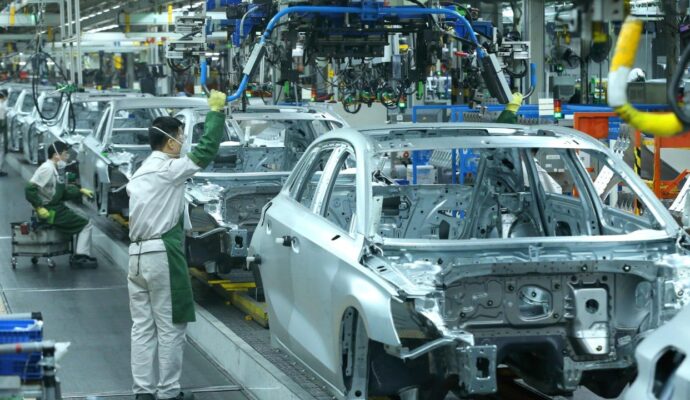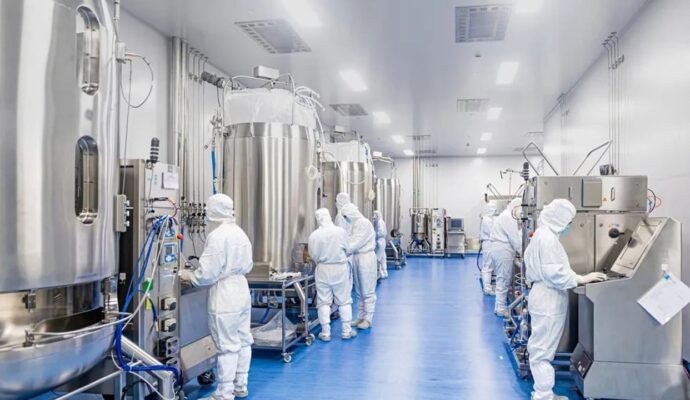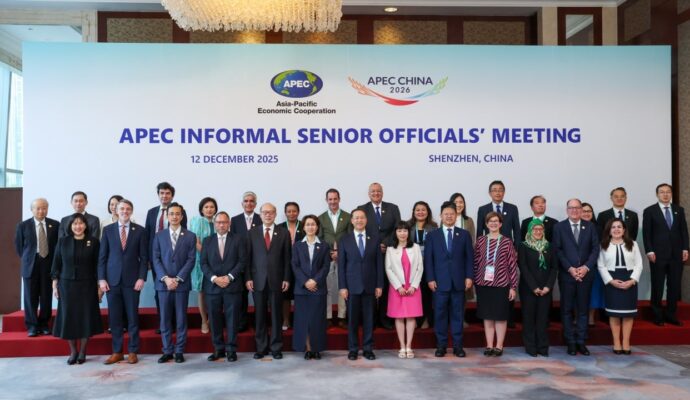
China is urging its electric vehicle industry to stop cutting prices and rein in production amid fears that persistent deflation is imperilling economic growth.
In recent months Chinese officials have talked repeatedly of the need to combat “involution” in sectors suffering from overcapacity, such as EVs, referring to the phenomenon of investing more effort and money for diminishing returns.
Xi Jinping has spoken of the problem directly. In an unusually blunt speech this month, China’s president criticised provincial governments for blindly overinvesting in artificial intelligence, in computing power and in new energy vehicles, industries that Beijing has identified as strategic priorities but which are also at risk of overheating.
On 23 July, Xi gave another speech in which he stressed the importance of breaking the cycle of “involution” that has gripped parts of the Chinese economy, the world’s second-biggest after the US.
Some of China’s big car companies, including BYD, the EV maker that is seen as China’s rival to Tesla, were summoned to meetings with regulators last month to receive warnings about overcapacity.
Hutong Research, an independent advisory firm based in Beijing and Shanghai, said in a recent note: “Government agencies across China have moved swiftly in response to Xi’s recent remarks, pledging to implement supply-side reductions.
“These developments highlight not only the elevated political attention to excess capacity but also the breadth of the problem across China’s economy.”
In the hyper-competitive Chinese economy, consumers, unwilling to part with their cash, have come to expect rock-bottom prices. Companies across industries often cut prices to near or below cost levels in a play for market dominance.
China’s EV companies are no exception, and many bosses have complained about the phenomenon while also being dragged into it.
BYD has repeatedly cut the price of its low-end Seagull, most recently offering it for 55,800 yuan (£5,862), nearly 20% below the official retail price. In March, it cut prices across the Seagull range by 3,000 yuan. Great Wall Motors, one of BYD’s competitors, released a new version of its Ora 3 car in June for about 20% less than the September retail price.
In January, He Xiaopeng, the chief executive of XPeng Motors, reportedly told employees that “the market will definitely see fiercer competition in 2025” and that some auto companies would not survive the looming price war.
Last month, China revealed a new draft amendment to its law on pricing – the first revision to the law since 1998 – specifically aimed at the price wars.
The amendment would strengthen rules around the government’s ability to set price limits, identify “unfair pricing behaviour” and curb “involution-style” competition, including using market dominance to influence prices and bulk sales.
But the responses may not go far enough, some analysts said.
after newsletter promotion
Antonia Hmaidi, a senior analyst at Merics, said: “I am not convinced that the Chinese government will do something to curb in any significant way because so far at least no one’s been really punished for investing too much in strategic priorities.”
Hmaidi said few EV companies were actually profitable in China and many others were inextricably linked to local governments that do not want to see them go under.
“We are seeing some changes in specific types of action that the government is taking that are pointing towards this,” she said. “But we’ve seen these kinds of actions before, and nothing came of it. And ultimately, you would need to provide an alternative to a lot of these local governments, for instance.”
Hmaidi said one solution to a glut of products in China could be to sell even more overseas, aggravating foreign companies and regulators. “I think in the short term, there will be more tension with most of its trading partners,” she added.
The flood of Chinese EVs to the European Union has alarmed EU officials who worry that their own carmakers will not be able to compete.
Last year, the EU imposed tariffs of up to 45% on Chinese-built battery EVs, angering Beijing. A recent EU-China summit failed to make any progress on the issue, which has been a major sticking point between the two trading partners.
But Chinese carmakers adapted by pushing plug-in hybrid vehicles instead. In June, Chinese companies reached a 10% share of Europe’s EV market, making a full comeback on their pre-tariff market share.
Last week the politburo, the group of leading officials in the Chinese Communist party, met to discuss the economic outlook for the year ahead. While they did not mention the anti-involution campaign specifically, they spoke of the need to “regulate disorderly competition” in the economy.
Additional research by Jason Tzu Kuan Lu


